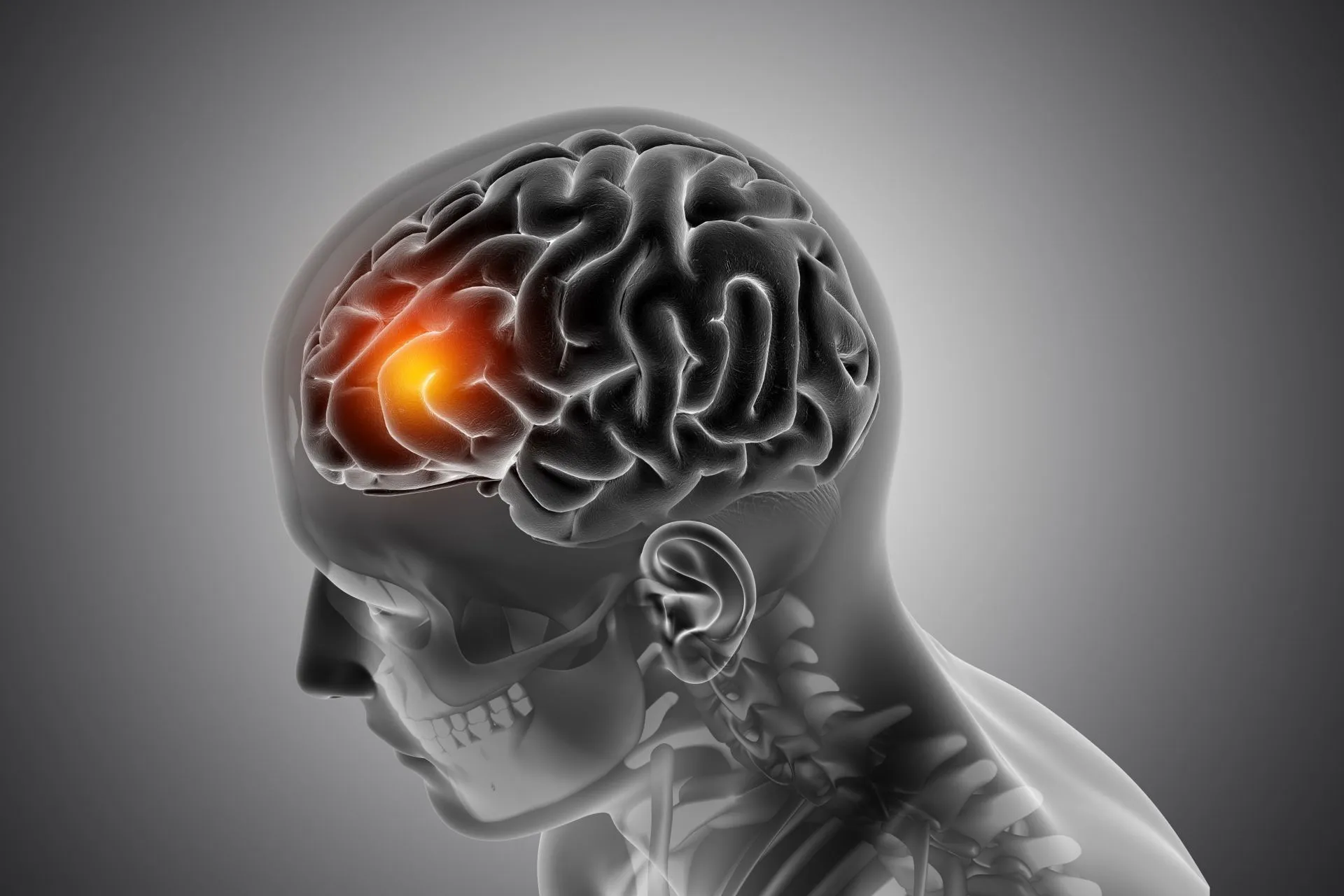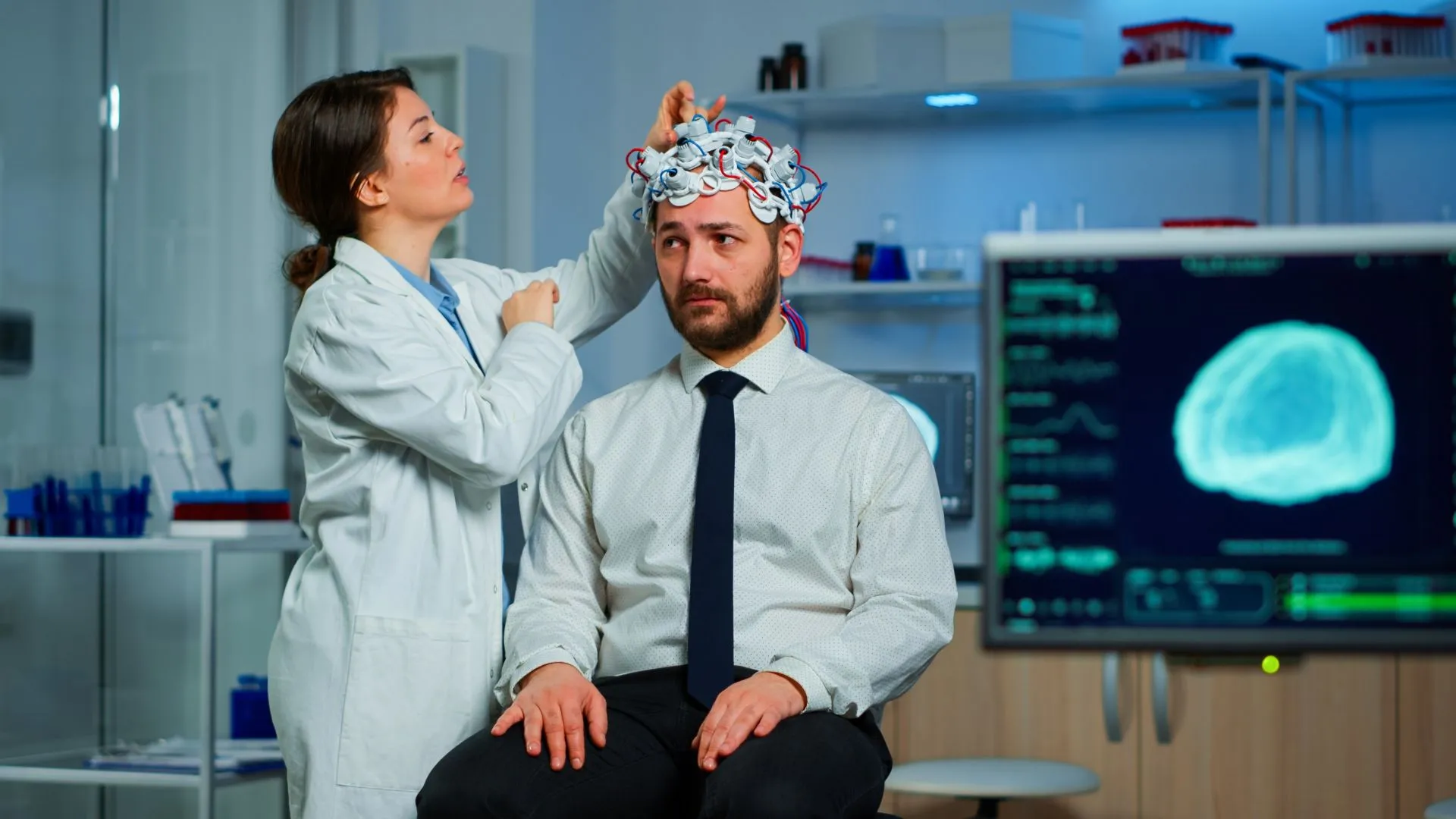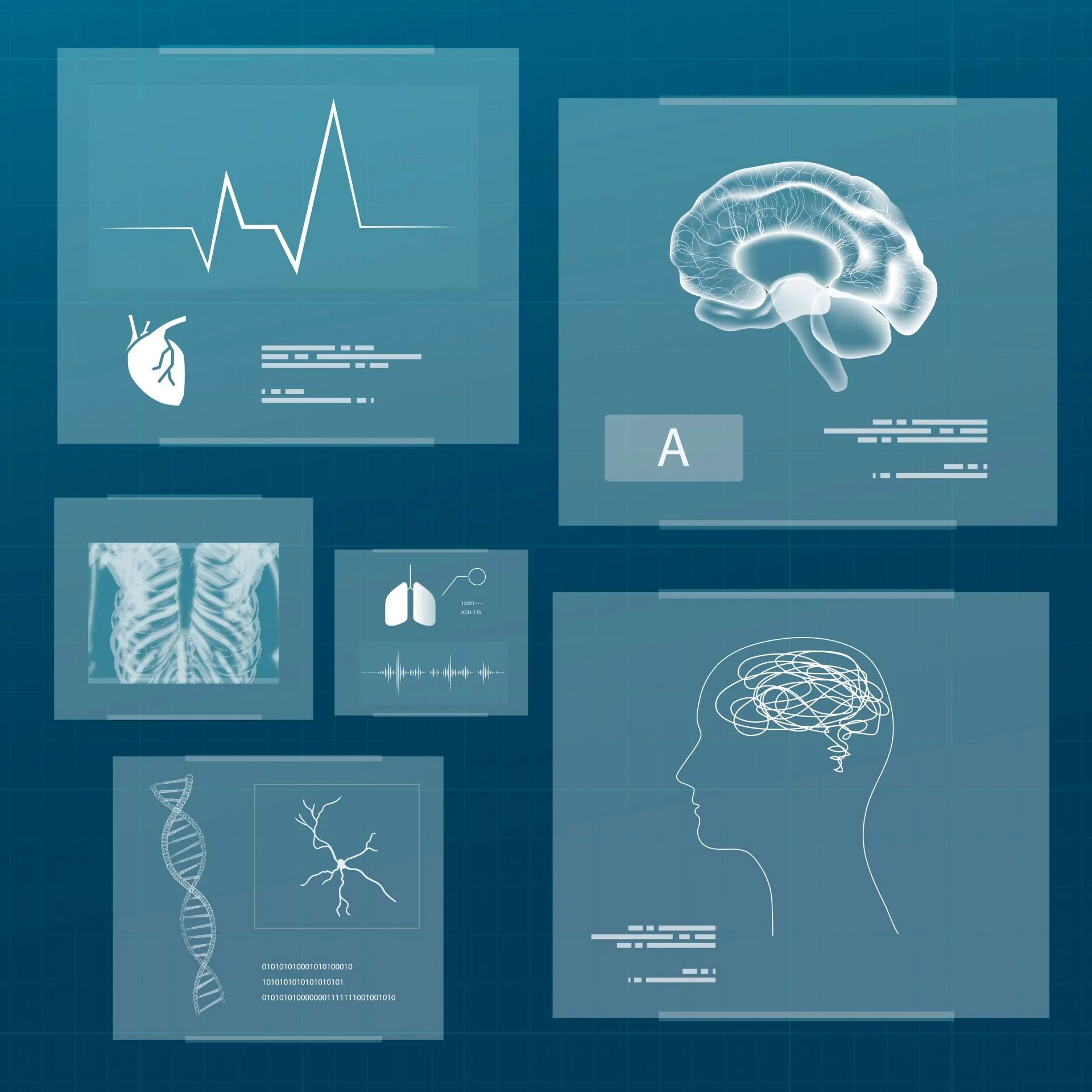
Is a stroke a result of stress? We all go through periods in our life when we suffer mild stress, and it can happen frequently. On the other side, prolonged or significant stress might harm your health. There is scant proof that a single stressful emotional event can actually trigger a stroke. Yet, studies indicate that persistent stress may raise the risk of stroke.
There are numerous potential causes of a stroke. Although though long-term stress may increase your risk, not everyone who is stressed out will get a stroke. Some strokes can be prevented. Your risk of disease can be decreased by working with your doctor to understand how stress might cause a stroke and any necessary treatment.

How Can Stress Lead To Strokes?

Your body’s alarm system is where the solution to the question “how may stress trigger a stroke” resides. Stress can trigger your body’s fight-or-flight response, causing brief side effects that can help you deal with a perceived threat. A few of these effects include elevated heart rate, blood pressure, breathing rate, and muscle tension.
A classic physiological reaction is the fight-or-flight response. Yet, persistent stress can have negative effects that last a long time and lead to problems like a stroke.
Chronic stress immediately impacts the cardiovascular system when it is not well handled, which in turn damages the arteries. Vascular dysfunction can eventually result in a stroke, a medical emergency caused by a blocked or burst artery in the brain.
Smoking, another significant risk factor for stroke, is a poor coping strategy for chronic stress. It thickens the blood, constricts the arteries, and increases the risk of clotting.
Can High Blood Pressure Be Caused by a Stroke?

Without a doubt, the answer is yes! Diabetes and hypertension, two of the primary risk factors for stroke, can develop from high blood pressure and blood sugar levels, respectively.
A constant state of elevated blood pressure places strain on your arteries. Similar to an overinflated tire, your blood vessels suffer damage and weaken from excessive pressure. This is a good description of how stress can result in a stroke because everything is still connected.
A 2015 study found that 77% of persons who have their first stroke also have high blood pressure. The best way to prevent strokes is to maintain a healthy blood pressure of less than 120/80. Both of the two primary types of stroke are increased by excessive blood pressure.
Strokes resulting from bleeding in the brain

These are hemorrhagic strokes. These frequently result in more serious injuries, including fatal ones. An aneurysm, a spot where pressure has forced it to enlarge, is what frequently causes a weak blood artery to break. The danger of an arterial rupture is increased by atherosclerosis brought on by high blood pressure.
Additionally, brief mini-strokes could be caused by clots brought on by hypertension. A clot breaking up or moving on its own is referred to as a transient ischemic attack, or TIA. Even though most people who have TIAs bounce back successfully, they are a warning sign that a full-blown stroke may be approaching. The relationship therefore becomes linear, making the answer to the question of whether stress can trigger a stroke straightforward.
Strokes caused by a blockage in blood flow
Around 9 out of 10 times, a clot or other obstruction that blocks blood flow to the brain is the cause of a stroke. Ischemic strokes are this kind of stroke. Without oxygen, brain cells start to deteriorate within a few minutes.
Before moving to the brain, a clot normally forms at the site of a blocked blood vessel or somewhere else in the body. The answer to the question of whether stress can induce a stroke still holds true in this situation.
The primary factors that contribute to chronic stress include problems at work, in relationships, or financially. Although there are some things we can’t always control, we can influence how we respond to those things. Two practices that can help reduce stress and, as a result, lessen your risk of stroke are exercise and deep breathing.
Although some self-care practices might ease your stress, there are situations when you might need professional aid. If you are having trouble managing your stress, it is interfering with your everyday activities, you are experiencing additional sickness symptoms in addition to stress, or your stress has not lessened as a consequence of self-care, speak with your doctor. Not how stress can lead to a stroke, but what you can do about it, is what you need to know.
Counselor Janvi Kapur has a Master’s in applied psychology with a focus on clinical psychology.
What do you think this tale merits? Comment below with your answer and let us know.




Leave a Reply